Jenny Han’s Stories Make Space for Herself and Others
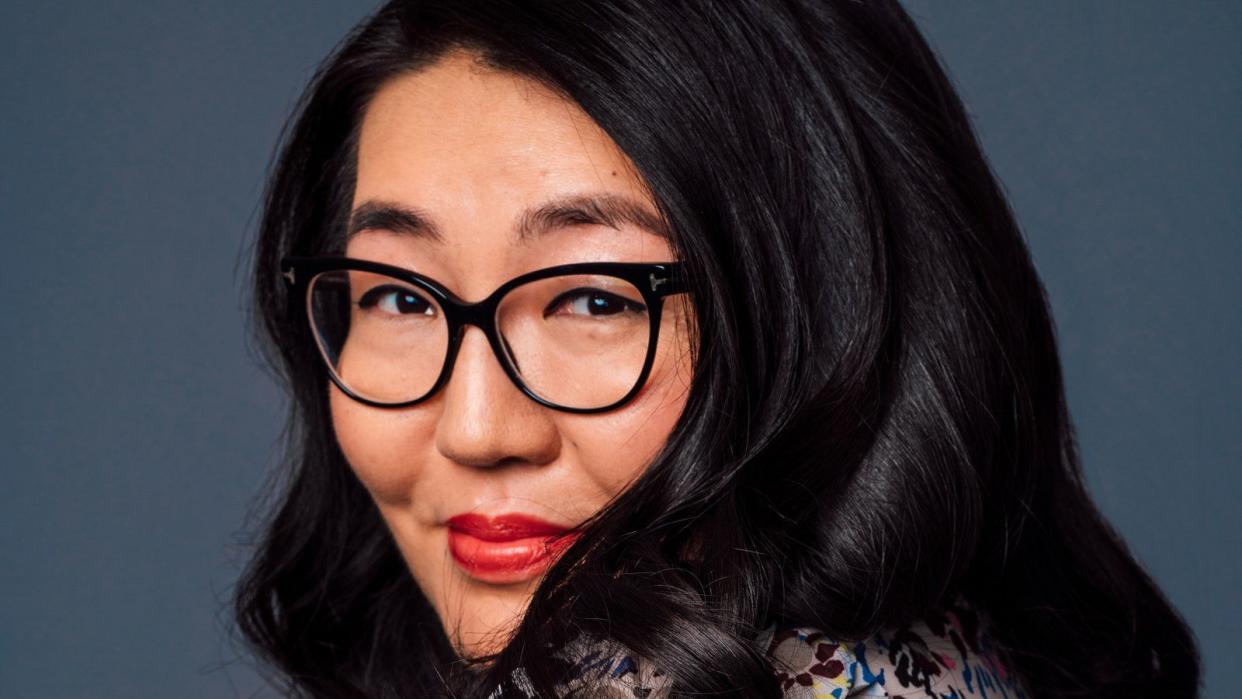
- Oops!Something went wrong.Please try again later.
"Hearst Magazines and Yahoo may earn commission or revenue on some items through these links."
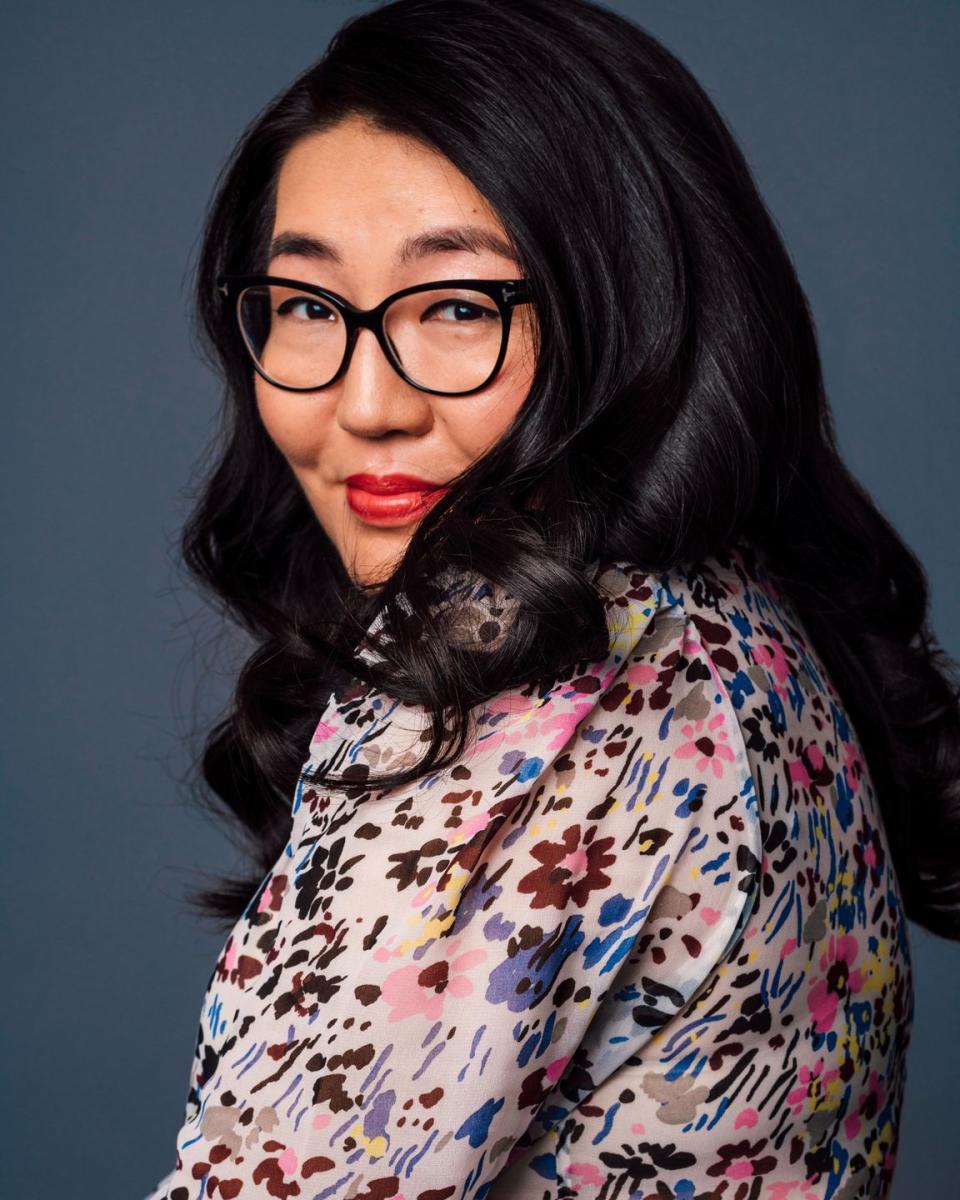
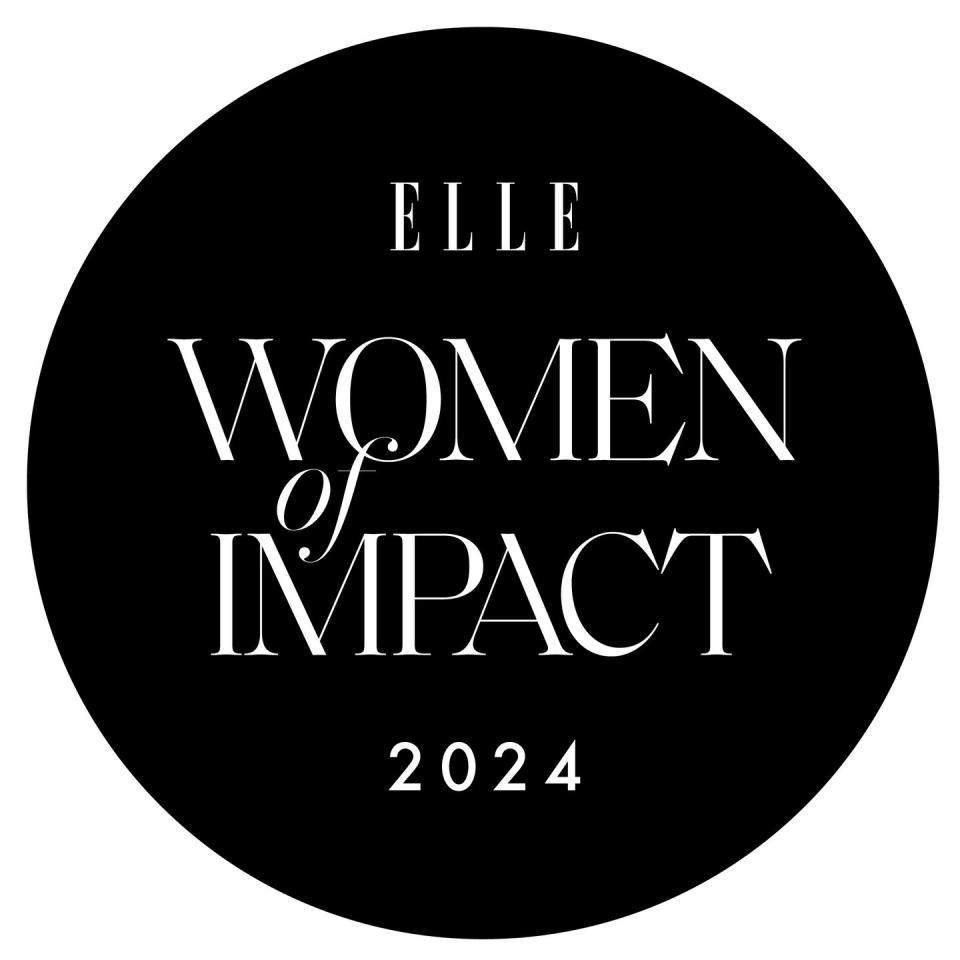
At the meeting point of teens wanting adult skin-care routines and grown women craving the youthful energy of coquettecore sits author-turned-executive producer, showrunner, and production company owner Jenny Han. In the past few years, Han has been creating a romance-fueled media empire that showcases young women coming into their own—their intense desires, and the “big feelings” they’re learning to deal with for the first time. For her teen fans, it’s an experience that they may still be going through, and for adults, it’s something they can look back and reflect on. “It’s nice to feel seen in some way, whether that means something that you’re currently going through, or something that you once felt and you’re remembering,” Han says.
As a successful author who was once a children’s librarian, over the years, Han has had many chances to turn her best-selling books into adaptations, but she repeatedly said no to offers until she could do it her way—with Asian protagonists, and with control and ownership over how her stories were told. “Just 10 years ago, people didn’t understand that it was important for a main character to be played by an Asian person. I really feel like To All the Boys I’ve Loved Before did a lot of work in showing that an Asian-led film could be successful and that people could see themselves in it, without having to be Asian themselves.”
Her tenacity in advocating for herself has paid off, not just for the stories but for business as well: Season 2 of her Amazon series The Summer I Turned Pretty is currently the streamer’s second-most-watched series among women in the coveted 18-to-34 demographic, while, according to Variety, Netflix described the adaptation of To All the Boys I’ve Loved Before as “one of its most viewed films ever with a strong repeat viewing.” “I see my impact as taking up space, existing,” Han says. “Growing up, it didn’t even occur to me that I could be an author. I just hadn’t seen young women of color doing it. ” Her production company, Jenny Kissed Me, hopes to build on this too. “I want to keep telling stories, and right now, I am focusing on adapting the stories that I’ve already written. But I would like to expand and be able to help others tell their stories too.”
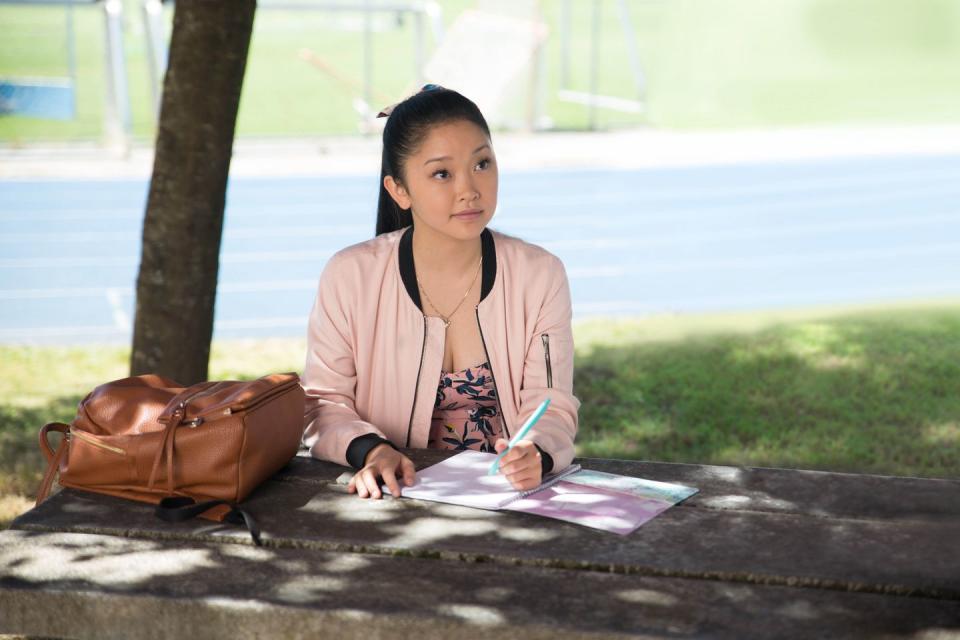
On going from author to showrunner
“I just knew that I wanted to be the one to make the decisions. With The Summer I Turned Pretty, I had interest over the years from people who were really well established and had written a pilot for it on spec. I would read them and think, this isn’t the story, and I’d just rather not have it get made than have it be a version of it that doesn’t feel like the story to me. Not that they were bad—they just wasn’t what I had envisioned. I held onto that, and it was only after [being an executive producer on To All the Boys I’ve Loved Before] that I was able to say, ‘It is going to be me who does it.’”
On writing about teens
“I was a nanny when I was getting my master’s in creative writing. I dedicated The Summer I Turned Pretty to my charge, Claire. She was 13, so she was really too old to have a nanny. But I would walk her home from school and have her do her homework, and we would watch Buffy together. There were a lot of experiences I had while being her nanny that I put in the book. One of them was about being on the precipice of being a young woman. You still feel like a kid, but you look different. The power that you wield can be frightening. Her family was so supportive of me and the work I was doing, and I think about them often. Claire just got married not too long ago. I was filming The Summer I Turned Pretty and I never leave set, but I couldn’t miss that.”
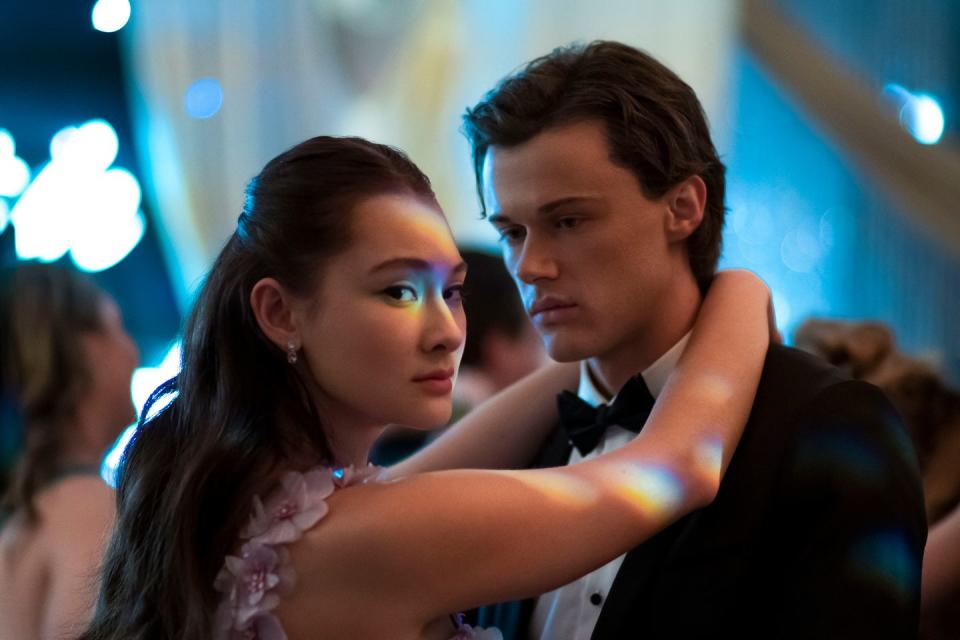
On happy endings
“To me, the real difference between writing for an adult audience and a younger one is that you think about your reader in a different way. It doesn’t really come down to the content or the language. It’s really about the endings of stories, and whether or not there’s hope in it. I think you could absolutely write and read adult stories that end in a very hopeless way. But I can’t think of even one book for young people that ends hopelessly. The reason for that is that you know your reader is young and not fully formed yet. I don’t want to put the idea that there’s no hope in their heads. I don’t think that’s being prescriptive or false. I believe that there is hope, so of course I put it in my stories.”
On getting told “no”
“I like to persuade people; I like a challenge, so it doesn’t dissuade me. If it’s no, I want to know why. Maybe they’re right, but I’m very curious. If I really believe in [something], I just explain why it’s really important. I take it as an opportunity to advocate for the story to make it the best it can be, and also to connect with another person. My astrology friends are always like, ‘Oh, you’re such a Virgo.’ I don’t really believe in all that, but I guess I am Virgo-ish. I like to get in the arena and duke it out.”
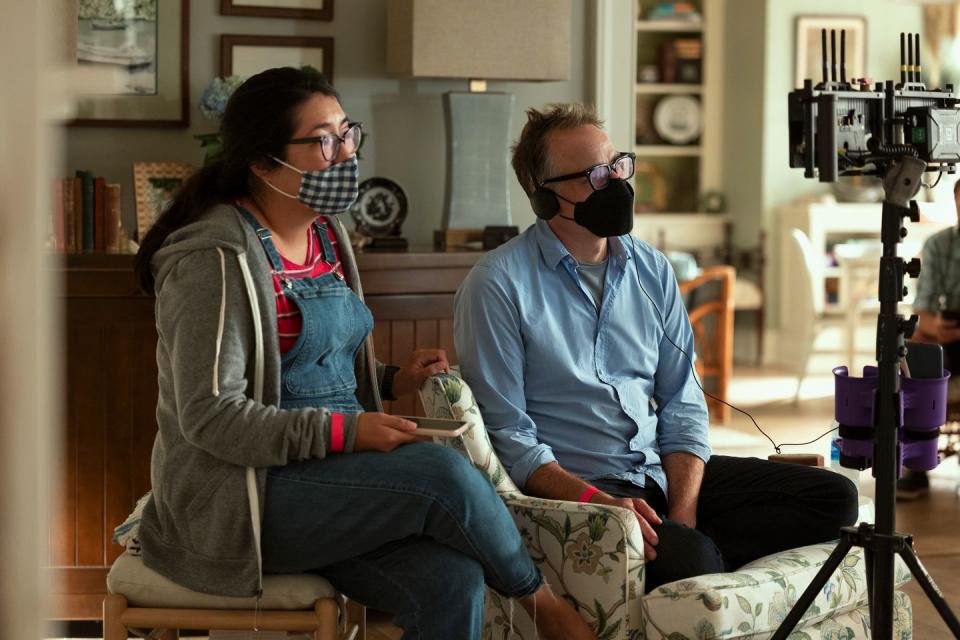
On taking up space
“If you’re first, you are the one who is setting the pace or having others come to you and ask what your experience was. I had to figure it out my own way. Being the oldest daughter of immigrants also helped me figure it out, because at a young age, I’ve had to be the one to make decisions and lead.
“When I sold my first book, I wanted to put my author photo on the back flap even though it wasn’t really in fashion at that time, especially for middle-school-age books. It shows that something is possible for you. When you go to the bookstore and flip back and see somebody who looks like you, it kind of widens your world a bit without you even realizing it.”
On dealing with criticism
“It’s better if I don’t get too wrapped up in the reviews. I always say, ‘Don’t send me anything.’ But then you get tagged on social media, so it’s kind of hard to avoid. If you’re a storyteller, you’re usually a pretty sensitive person who is empathic and also thinking about walking in other people’s shoes, and that’s what you do when you’re creating characters. I often think of it like having an antenna that really feels very tuned into other people’s emotions and feelings. But it’s a catch-22, because you have to be sensitive and empathic to write characters that people can relate to, but you also want to be protective of yourself.”
A version of this article appears in the April 2024 issue of ELLE.
You Might Also Like

